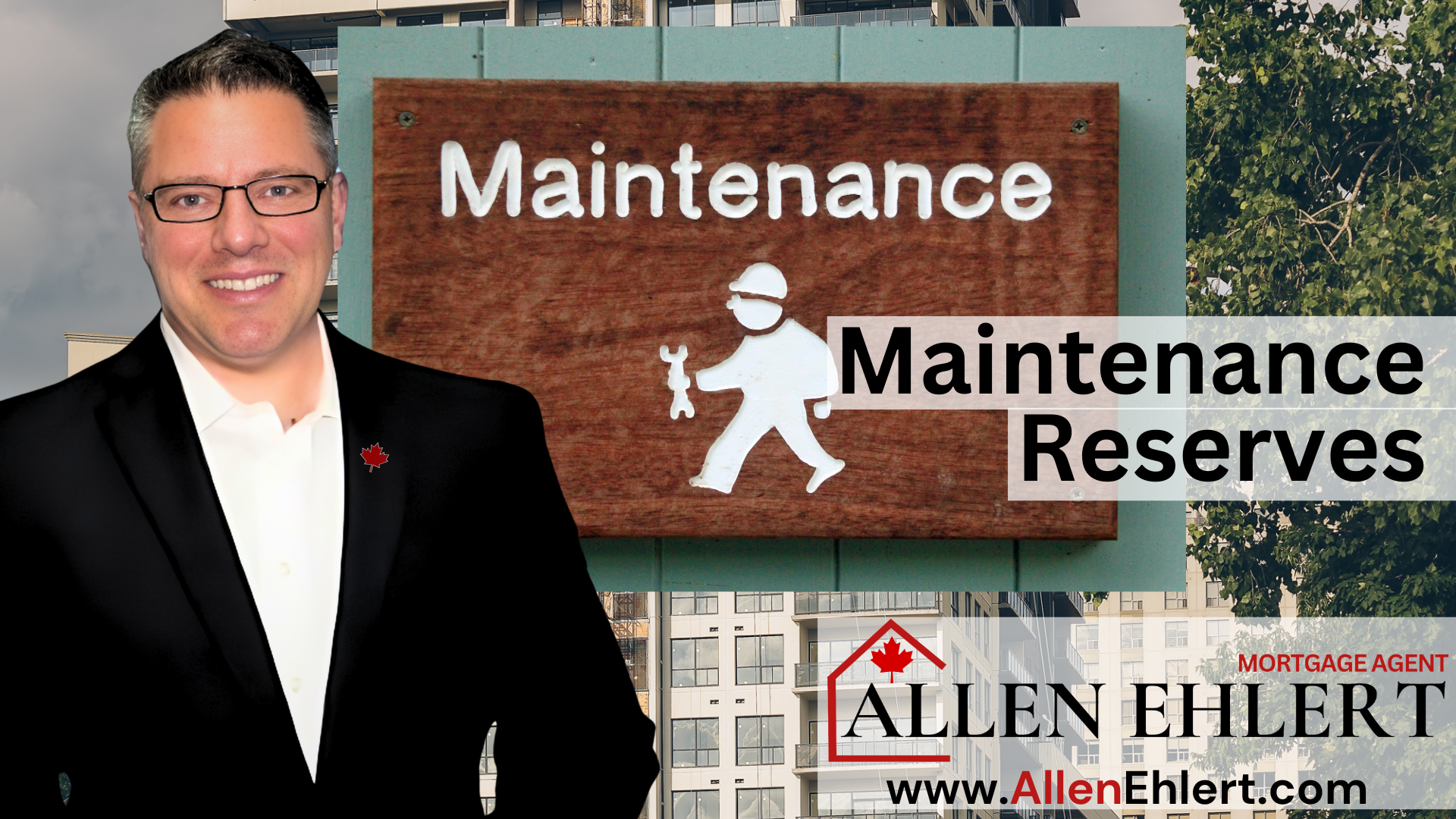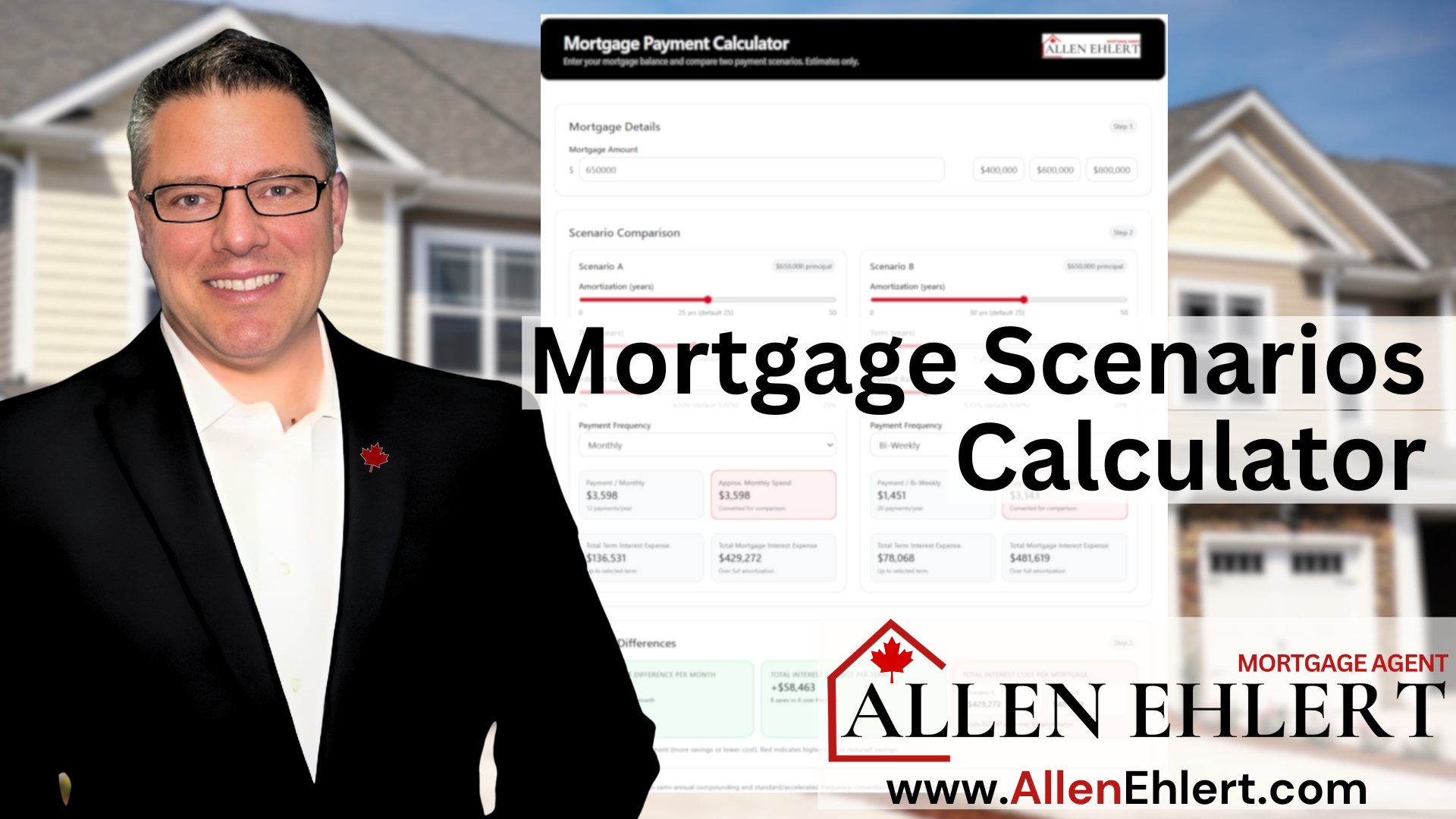… and why you might not be entitled to see it
If you’ve ever gone through a mortgage process and found yourself wondering, “Wait, I paid for that appraisal—why won’t the lender give me a copy?” you’re not alone. This is one of the most common sources of confusion and frustration among homebuyers, homeowners, and even some realtors. It feels like you should have a right to it, right? After all, you footed the bill!
But here’s where the mortgage world gets a little less intuitive. The answer to who owns the appraisal depends less on who paid and more on who ordered it—and why.
So, let’s unpack this together. Once you understand how lenders view appraisals, you’ll never be caught off guard by this question again.
Here’s What I’ll Cover:
Who Technically Owns the Appraisal
Why You Can’t Always Get a Copy
How Realtors and Clients Can Use This Knowledge
Who Technically Owns the Appraisal
Here’s the part that surprises most people: the lender owns the appraisal—not you. Even if the lender asked you to pay for it, that appraisal was ordered for their use, for their purposes, and on their terms.
The appraiser’s client is the lender, not the borrower. This is because the appraisal’s purpose is to help the lender assess the risk of lending on that property. It’s part of their underwriting process, not your personal property assessment.
Think of it this way: if you hired a home inspector, the report belongs to you because you commissioned it for your own benefit, even though you don’t own the house the inspection was done on. But if the lender orders an appraisal to satisfy their conditions, even though you paid for it as part of the process, it’s their tool, not yours.
Why You Can’t Always Get a Copy
Lenders aren’t being difficult to spite you—they’re following rules and protecting themselves legally. Appraisal reports are addressed specifically to the lender (and only them) and contain disclosures and legal terms designed for their underwriting file. They aren’t obligated, legally or contractually, to share it with you.
Some lenders will share it as a courtesy, especially if the deal closes. Others won’t, citing policy. If the deal falls apart, lenders almost always refuse to release it. Why? Liability. They don’t want that appraisal circulating and being misunderstood, misused, or challenged outside of its intended context.
If you want an appraisal for your own purposes, you’ll need to order your own directly through an appraiser or appraisal management company (I can help you with this)—not through the lender’s process.
How Realtors and Clients Can Use This Knowledge
For Realtors:
Set expectations early with your clients. If they’re waiving financing conditions based on a value you’ve “heard” was confirmed by the lender’s appraisal, remind them they may never actually see the report. Don’t rely on second-hand info—make decisions based on facts you can verify.
For Homeowners:
If you’re refinancing or switching lenders and you want a copy of an appraisal for your records, ask upfront. I can tell you which lenders typically release them and which won’t. If it’s critical to have your own report, we can arrange an independent appraisal you control.
Storytime: The Case of the Missing Appraisal
A few months ago, I had a client refinancing a property in Clarington. The lender required an appraisal, and the client paid the $500 fee through the lender’s approved appraisal management system. Everything went smoothly—the mortgage closed, the client was thrilled.
Fast forward two months later: the same client wanted to sell and asked me, “Can I get a copy of that appraisal to show my realtor?” Unfortunately, the lender’s policy was firm: no release to clients, period.
The realtor was a bit frustrated because she wanted to price the home strategically. The lesson? If you need an appraisal for your own decision-making, don’t rely on one ordered for a lender. Order it yourself, so you own it outright.
Allen’s Final Thoughts
It’s easy to assume that paying for something means you own it—but in the world of mortgages, that’s not always how it works. The appraisal belongs to whoever ordered it for their use. In this case, that’s the lender.
Knowing this ahead of time helps avoid frustration and surprises down the road. If you need an appraisal you can control, let’s get it arranged properly from the start.
How I Can Help
As your mortgage agent, I don’t just guide you through rates and approvals—I help you understand the fine print that lenders don’t always explain upfront. I’ll tell you when and why an appraisal is needed, who controls it, and how to navigate those rules so you’re never left in the dark.
If you want a valuation you can share, keep, or leverage outside of a mortgage approval, I’ll connect you with trusted appraisers who work directly for you—not the bank. That’s just part of the extra care I offer to make sure you’re fully informed and fully empowered every step of the way.












